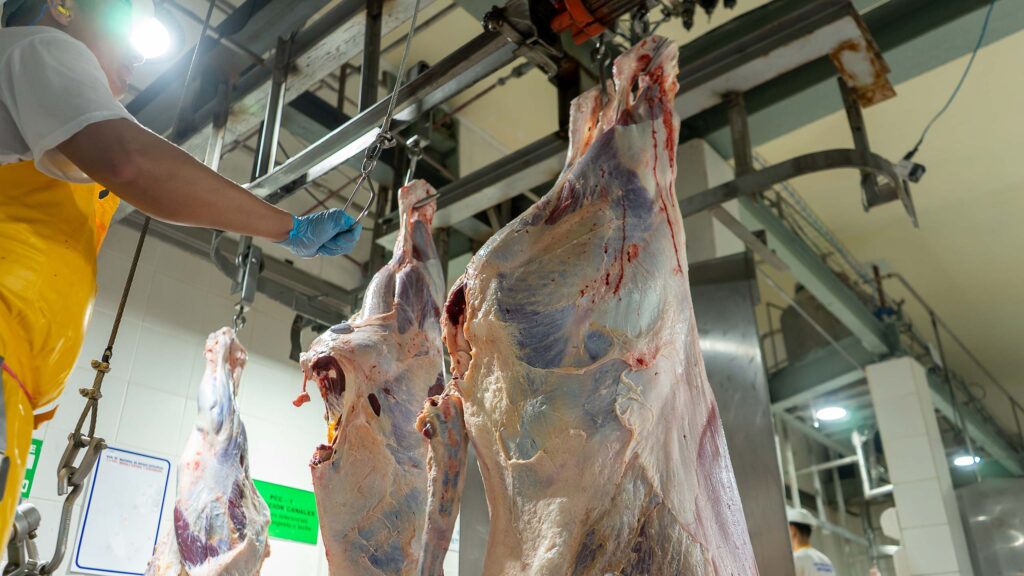Meat sector concerned over access to skilled workers
 © Adobe Stock
© Adobe Stock Immigration rules introduced on 22 July could make it harder for the food and farming sectors to access labour through skilled worker visas.
Workers will now need to meet a salary threshold of £41,700 in order to be eligible, with the focus on “higher skills and lower numbers”.
Overseas workers will also now typically need higher education, with qualifications required at the equivalent of degree level.
See also: Beef and sheep sector reinvigorated by strong trade and rainfall
Under the reforms, employers could face an immigration skills charge of up to £1,000 each year for foreign workers, which represents a 32% increase.
Home secretary Yvette Cooper said: “These new rules mean stronger controls to bring migration down, to restore order to the immigration system and to ensure we focus on investing in skills and training here in the UK.
“As part of the Plan for Change, we can build an immigration system that serves the needs of the British economy and people, one that values skills, tackles exploitation, and ensures those who come to the UK make a genuine contribution.”
Labour shortages feared
However, concerns have been raised by the National Pig Association (NPA) and the British Meat Processors Association (BMPA) around the availability of overseas workers on farms and in abattoirs as a result.
The NPA said the reforms would remove more than 100 eligible occupations from the scheme, including farmers, farm managers, butchers and veterinary nurses.
BMPA chief executive Nick Allen suggested the changes would make food production increasingly difficult and would leave the meat sector struggling to source labour.
He said: “It is a major concern and utter frustration for us that they keep turning the screw and making things more and more difficult, without really addressing the major problem of immigration.”
The NPA has urged the government to rethink its plans and look again at the immigration policy to ensure the sector can still recruit overseas labour.
